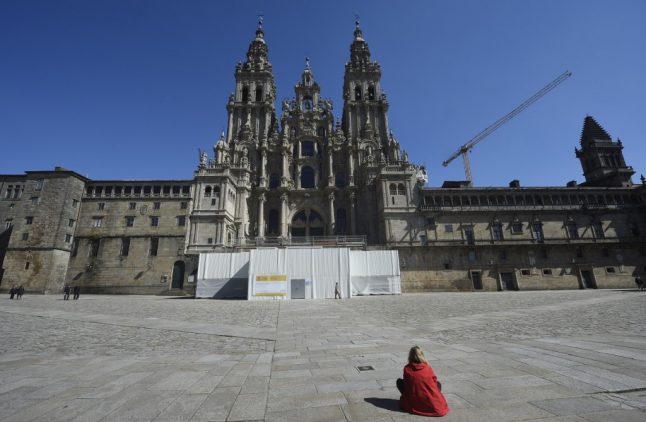But the wearing of masks in public places will remain compulsory in this northwestern region as it will elsewhere in the country until a vaccine against the virus is found.
The region no longer has any patients suffering from COVID-19 in its intensive care units and has not suffered any deaths from the virus in the past week, according to Spain's health ministry.
By Monday, more than 70 percent of Spain's 47 million population will be in the final stage of the phased rollback that should finish by June 21st in a country badly hit by the epidemic that has killed more than 27,000 people.
By contrast, areas that took the brunt of the outbreak like the Madrid region, parts of Barcelona and Lerida in the Catalonia region, and four provinces of Castille-Leon will remain in phase two, the penultimate stage.
READ MORE: What changes about life in Spain under the 'new normal'
“Three out of every four citizens, or more than 70 percent of the population, will be in phase three” by Monday, said Health Minister Salvador Illa.
The Madrid region, which accounted for more than a third of all deaths, had not asked to move into phase three next week, with Illa saying all restrictions would be lifted there and elsewhere on June 21st when the nationwide state of emergency ends.
Spain is the world's second most popular travel destination after France, but it has said it will not reopen its borders to international tourists until the start of July.
“July 1st is the date that the prime minister has given when the country will open up safely to citizens of other countries,” he said.
Brussels had on Thursday said all of the European Union's internal borders should be opened by June 15th.
Most EU countries as well as those within the passport-free Schengen zone, are on the brink of reopening their frontiers after a months-long closure to slow the spread of the virus.
But Spain has insisted on holding out until July 1st (UPDATE: Now revised to June 21st).
“We are working with our European partners towards a common position with respect to borders, on what type of controls will be imposed and which visitors from which countries can come,” he said.



 Please whitelist us to continue reading.
Please whitelist us to continue reading.
Member comments